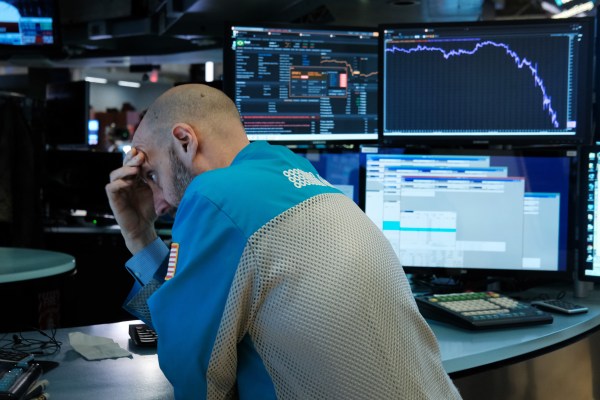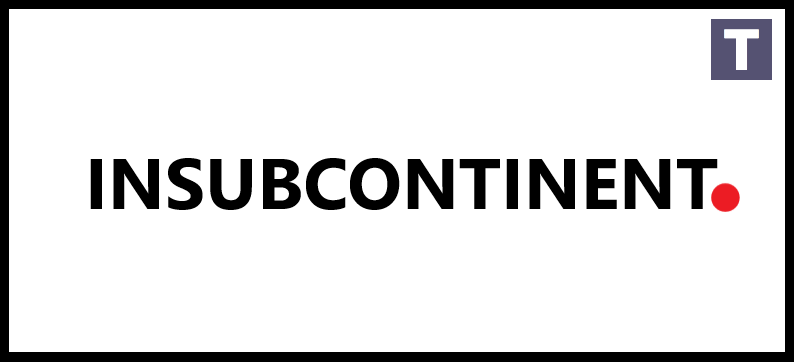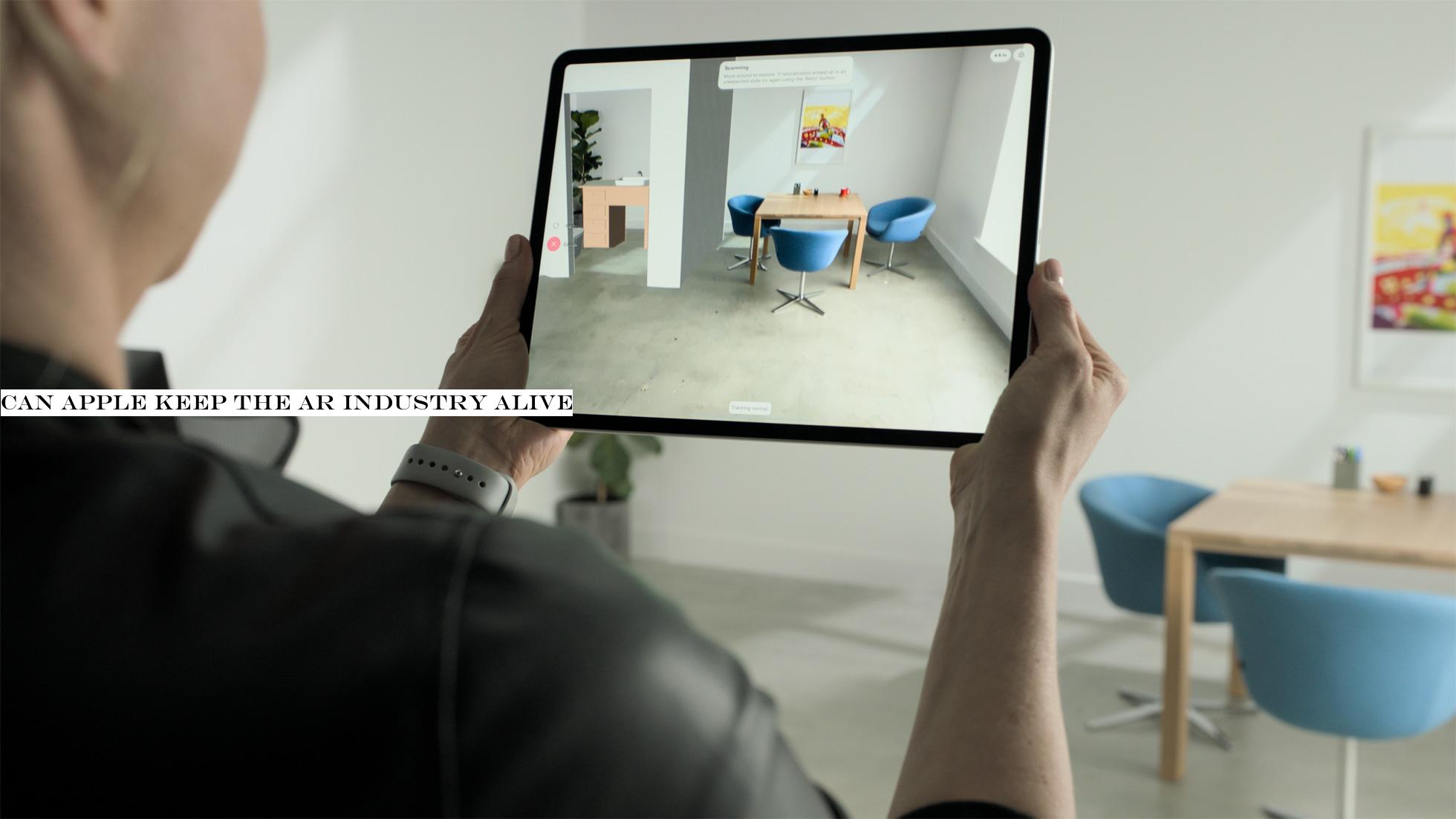Music
Trailers
DailyVideos
India
Pakistan
Afghanistan
Bangladesh
Srilanka
Nepal
Thailand
Iraq
Iran
Russia
Brazil
StockMarket
Business
CryptoCurrency
Technology
Startup
Trending Videos
Coupons
Football
Search
Download App in Playstore
Download App
Best Collections
Technology

The New York Stock Exchange will close its trading floor on Monday, March 23 and fully move to electronic trading, the exchangeoperator Intercontinental Exchange announced today.
The actual physical locations that will close are the NYSE equities trading floor in New York, the NYSE American Options trading floor in New York and the NYSE Arca Options trading floor in San Francisco.
The organization says it took this step as a precautionary step to protect the health of traders and employees on the floor. So far, two people who worked on the floor have tested positive for COVID-19, though they hadn&t been in the building this week, Stacey Cunningham, president of the New York Stock Exchange, said on CNBC today.
&NYSEtrading floors provide unique value to issuers and investors, but our markets are fully capable of operating in an all-electronic fashion to serve all participants, and we will proceed in that manner until we can re-open our trading floors to our members,& said Cunningham in the announcement. &While we are taking the precautionary step of closing the trading floors, we continue to firmly believe the markets should remain open and accessible to investors. All NYSE markets will continue to operate under normal trading hours despite the closure of the trading floors.&
This shouldn&t have any real influence on how the stock market functions. Outside of the United States, there are few traditional trading floors left and electronic trading already accounts for the vast majority of trades anyway. Nasdaq, too, is a fully electronic stock exchange. The NYSE does note that there are some floor broker order types that will be unavailable, though, and didn&t provide any guidance for when it expects to reopen the trading floor.
- Details
- Category: Technology Today
Read more: NYSE will temporarily close its trading floor and move to electronic trading only
Write comment (95 Comments)
While Hillary Clintoncomments about Bernie Sanders (&Nobody likes him&) have prompted more headlines than anything else in Hulu&Hillary,& therea lot more to learn from the documentary.
Over the course of four-plus hours, &Hillary& traces Clintonlife and career, with a particular focus on the 2016 election — both the combative primary with Sanders and then the shocking loss to Donald Trump. It is, fundamentally, a sympathetic portrait, drawing on extensive interviews with Hillary and Bill Clinton, as well as friends, colleagues, family members and journalists.
The documentary acknowledges that Clinton has been criticized throughout her time in public life, but it usually (and convincingly) suggests that many of her detractors are motivated by good old-fashioned misogyny. And while it can be hard to watch at times, it ends on hopeful note.
We review &Hillary& at the end of a packed mid-week episode of the Original Content podcast, which also includes a big reality TV catch-up, followed by a discussion of how the coronavirus pandemic is affecting TV production and movie distribution.
You can listen in the player below, subscribe using Apple Podcasts or find us in your podcast player of choice. If you like the show, please let us know by leaving a review on Apple. You also can send us feedback directly. (Or suggest shows and movies for us to review!)
And if you&d like to skip ahead, herehow the episode breaks down:
0:00 Intro 1:26 &Big Brother& coronavirus reveal 9:03 &The Bachelor& discussion (spoilers) 26:52 &Love Is Blind& follow-up (spoilers) 38:23 Coronavirus and TV production 41:58 Movie theater closures/streaming releases 48:02 &Hillary& review
- Details
- Category: Technology Today
Staff at telecommunications giant Charter Communications are still having to work from corporate offices — against the advice from the federal government — despite at least one employee testing positive for coronavirus and other staff coming into contact with another confirmed case.
The phone and internet giant, which owns the Spectrum brand, has doubled down in the past week on its policy of disallowing its 15,000 office-based employees to work from home, prompting one engineer to quit over fears he would contract the illness.
Dozens of other Charter employees have contacted TechCrunch in the past few days with concerns about their current working conditions. Current government advice is to avoid gatherings of 10 people or more and for businesses to allow employees to work from home where possible.
The employees we spoke to said that while Charter has the means to allow staff to work from home, executives are reluctant to relax the policy. Charter chief executive Tom Rutledge said in an internal email to staff this week that employees are &more effective from the office.&
Charter employees say they are being forced to use their sick leave if they are exhibiting symptoms. Other companies, including AT-T and Verizon (which owns TechCrunch) are allowing staff to work from home.
Internal emails and correspondence sent by multiple Charter employees, who asked not to be named for fear of retribution from the company, show several staff in offices across the U.S. have shown symptoms and have been tested for the coronavirus strain, known as COVID-19.
An employee at a call center in Akron, Ohio also tested positive for COVID-19 on Tuesday, according to another employee. The employee said that they fear others have been exposed to the virus because the infected employee had been forced to come into the office all week. Charter denied the claim.
Another email sent to staff in Charlotte, N.C., said an employee had self-isolated after reporting coronavirus symptoms. Itnot known if the employee has tested positive. Gizmodo reported Wednesday that an employee at one of Charteroffices in San Diego had undergone testing for COVID-19. The test results were also not released.
But staff at Charteroffice in New York City were told to still come into work, despite a positive COVID-19 case in the building. An email sent on Wednesday to some employees in the New York City office said a tenant on another floor, who used the same elevator banks as Charter employees, tested positive for COVID-19. The tenant was last in the building on March 5, according to a building notice seen by TechCrunch.
Some staff only found out about the positive result when&one of the good guys posted it in the elevator so others would see,& according to one employee.
Cameron Blanchard, a spokesperson for Charter, declined to comment on individual employee matters, and claimed the company was &following CDC guidelines,& and repeated previously made remarks that the company is &reviewing continuity plans daily& and &will adjust accordingly.&
The spokesperson also asked TechCrunch not to rely on &rumors& or &anonymous sources.& (The spokesperson declared this to be &off the record,& which requires both parties to agree to the terms in advance, but we are printing the reply as we were given no opportunity to reject.)
As it stands, there are more than 214,000 global cases of coronavirus, with some 7,700 reported cases in the United States.
Charter was not the only company this week accused of putting its staff at risk. This week, it was reported thatBest Buy was forced to reduce the number of customers in its stores to prevent the spread of the virus after staff spoke out.
But where Best Buy changed its policy, Charter is standing firm.
One employee said that Charter was more preoccupied with preventing its staff from talking to the media. One internal email sent Wednesday and seen by TechCrunch said that employees should ¬ provide any info or engage in further discussion with media outlets or investors making inquiries.&
That employee said they were &disappointed in and ashamed& of how Charter is acting. &This will all come back to bite them in the ass eventually,& the employee said.

- Details
- Category: Technology Today
Read more: Charter staff told to report to offices despite positive coronavirus tests
Write comment (97 Comments)
Augmented reality still has Apple enthusiasm behind it, but can that keep the whole industry afloat?
On Wednesday, Apple debuted a new iPad Pro, the hallmark feature of which was a lidar time-of-flight sensor baked into the camera, which is designed to make augmented reality experiences more realistic and immersive. For most potential users, the inclusion is something of an oddity. Consumer AR apps are few and far between, and Apple has also been slow to bring AR functionality into its own stock apps.
For the AR industry, the hardware inclusion amounts to an industry gift, signaling once again that Apple is still committed to making an augmented reality future happen.
The companyARKit development platform has brought out some interesting use cases, but app developers have scored few resounding victories. The reasons why increasingly seem to have little to do with individual technical features of the development platform or camera hardware. Apple can keep improving both, but without some concerted integrations of AR functionality into the core of iOS or iPadOS, itunclear whether these little developer-focused feature bumps will make a dent. Consumers just don&t see anything they want yet.
AR startups have already been struggling and hardware efforts have largely cratered. The software platforms have had some success building what Apple hasn&t or won&t for niche enterprise customers, but as the economic realities shift, all bets are off.
- Details
- Category: Technology Today
Read more: Can Apple keep the AR industry alive
Write comment (95 Comments)
It was another brutal day on Wall Street as investors continue to come to grips with the new economic realities imposed by the COVID-19 outbreak in the U.S. Both the Dow Jones Industrial Average (DJIA) and the S-P 500 are scraping near their lowest point in the last three years, brushing their lowest numbers since the inauguration of President Donald J. Trump. The Nasdaq, while not down quite as sharply, is also following the the pack downward.
It seems thereno herd immunity from a dark fiscal prognosis.
And another Presidential news conference invoking powers not called upon since the days of the Korean War did nothing to calm nervous investors. So the song remains the same, lots of volatility and no safe haven.
Here&re the numbers from the major American indices, as they wrapped the day:
- DJIA: plummeted, 1,334.86, or 6.29%, to 19,902.52
- S-P 500: slumped 130.88, or 5.17%, to 2,398.31
- Nasdaq Composite: sunk 344.94, or 4.70%, to 6,989.84
Adding in other assets, SaaS and cloud stocks were off 4.4% on the day, making them better than other tradable equities on the day, though they have, at times, taken worse hits than the broader market itself. Cryptocurrencies and other digital tokens are largely flat, having broken their fever and plateauing, at least temporarily.
A good question at this point is what good news would look like thatsufficient to begin to rectify the situation; strong employment numbers would help, but with recent reporting concerning mass layoffs around the country that seems unlikely. Government stimulus is helping, but, again, not enough to keep the markets up.
In short just as it was hard to parse out what the bad thing would be that would trigger an inevitable selloff, ithard to pinpoint what might set things right.
- Details
- Category: Technology Today
Read more: The Dow and S P near three-year lows, Nasdaq falls as well, and treasuries are no haven
Write comment (98 Comments)I&m not sure how many days we are into this &15 days& thing. Frankly, I&m not really sure what day of the week it is. As we collectively lose our grip on reality and socialization and increasingly turn to technology to cope, a number of meditation apps are offering up content free to help folks recenter as we push to shelter in place.
Headspace was among the first to offer a plan. The popular app announced that it would be making its premium tier free for &all US healthcare professionals who work in public health settings,& a nicenod to the first-responders who are among the hardest working and most emotionally wiped amid the pandemic.
Interested parties who qualify can redeem free access to Headspace Plus through the end of 2020 by entering their National Provider Identifier (NPI) and email address on the servicesite.
Simple Habit this morning announced free premium memberships for &all people who are impacted by the pandemic and can no longer afford to pay.& Those who qualify need only email help [at] simplehabit.com and note that they&re in a precarious financial position due to the pandemic. Access includes free meditation collections through the end of April.
Calm CEO Michael Acton Smith told TechCrunch that the company is currently exploring ways it might help a strained community. In the meantime, the service is making a number of meditations available for free to users.
A number of yoga studios and exercise applications are offering similar services for those who are housebound.

- Details
- Category: Technology Today
Read more: Meditation apps offer free mindfulness, as social distancing takes a toll
Write comment (91 Comments)Page 1198 of 1446

 19
19





